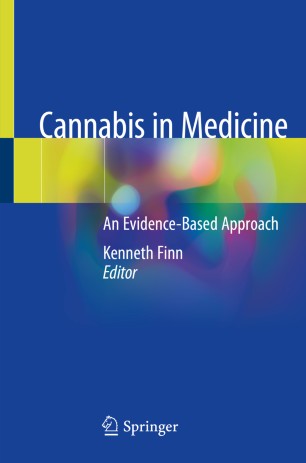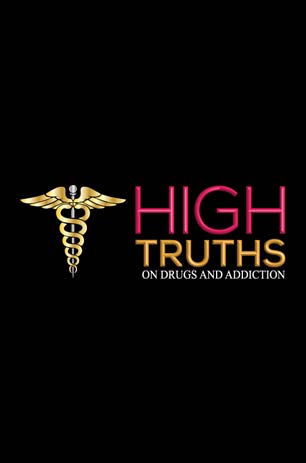Association of Mandatory Warning Signs for Cannabis Use During Pregnancy With Cannabis Use Beliefs and Behaviors
Question Are policies mandating warning signs regarding the harms of cannabis use during pregnancy associated with beliefs and behaviors? Findings This cross-sectional study used data from 2063 US-based survey respondents who were or had recently been pregnant and found that, among people who used cannabis during pregnancy, living in a state with a warning signs


